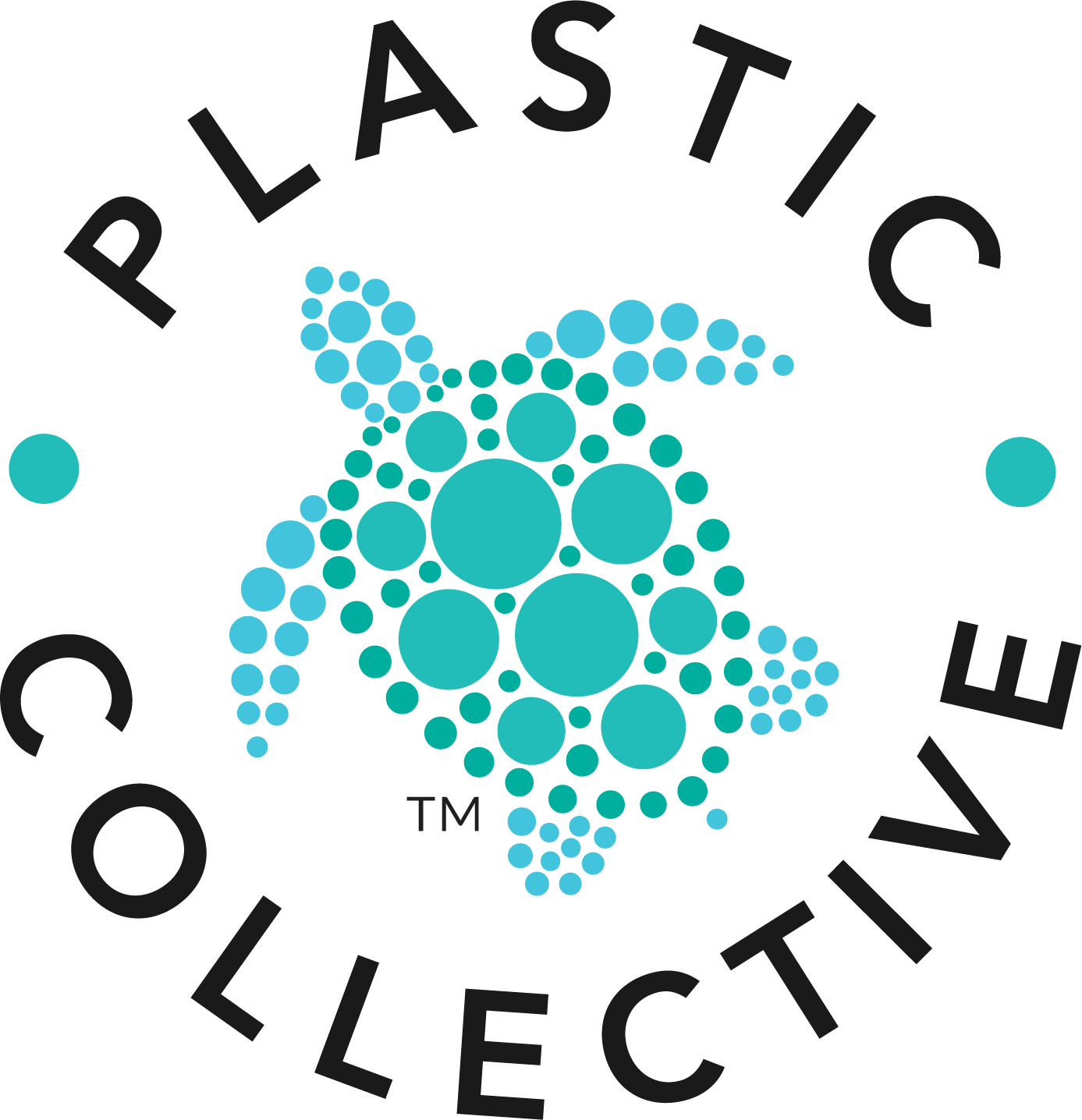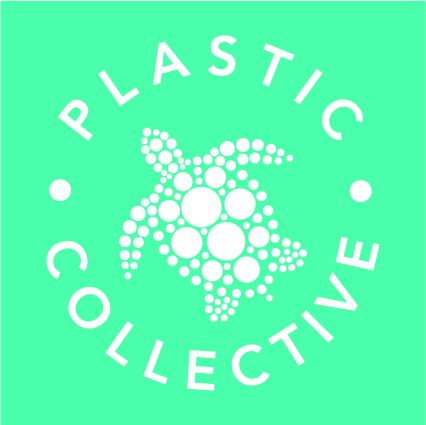Koh Taen (now old)
CERTIFIED ETHICAL PLASTIC PROGRAM
Koh Taen
5km south of Koh Samui
Surat Thani
THAILAND
Problem
The Island called Koh Taen is just off the south-west corner of Koh Samui, southern Thailand. It is about 7km square and has a permanent local Thai community of about 30 people. It is entirely off-grid, with most people using generators and some solar power. The amount of plastic waste that washes up on the beaches is significant and with limited community resources it is often buried, burnt or just left to wash back into the ocean.
Solution
These projects are largely undertaken to improve real estate value, but the community has shown a genuine interest in projects that improve sustainability and community life. Given the opportunity to create income and employment, the community could significantly benefit economically whilst drastically reducing the amount of plastic waste in their environment and creating useable items for their isolated community members.

